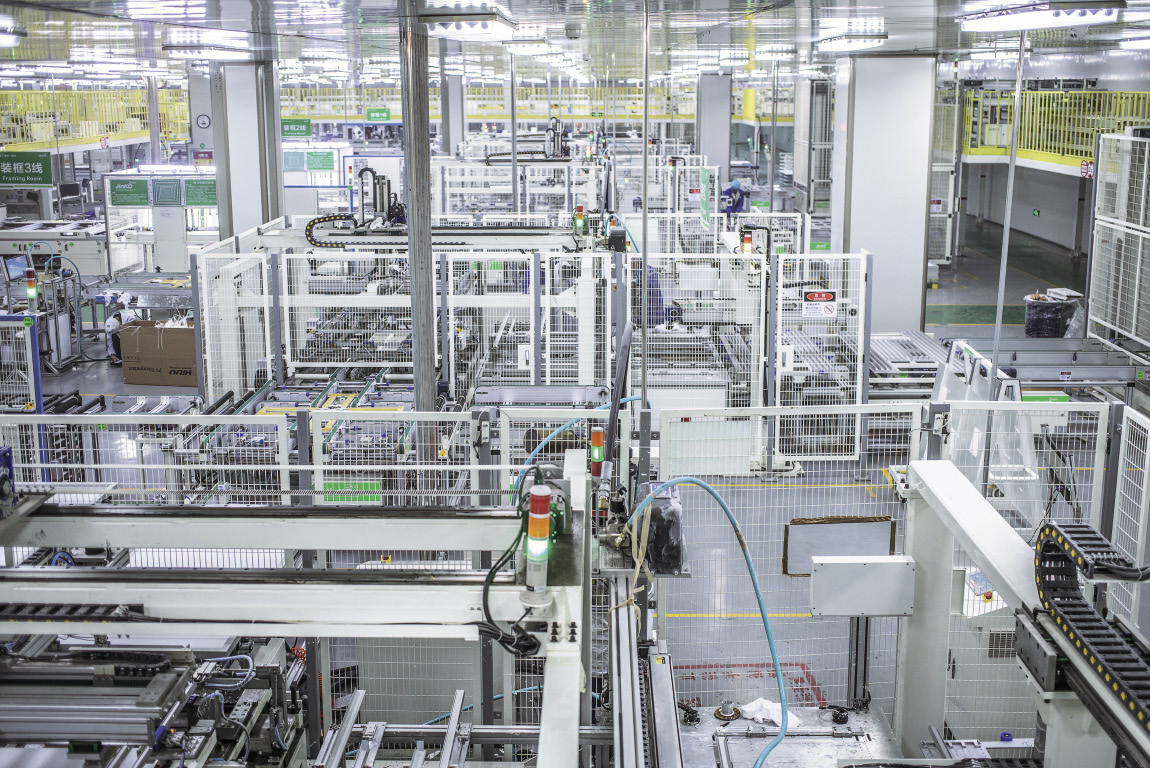Chinese solar manufacturer JinkoSolar has achieved 23.53% conversion efficiency for an n-type monocrystalline solar PV module based on its TOPCon mono cell technology, for which a record efficiency of 25.25% was announced in late May.
The result has been confirmed by Germany's TÜV Rheinland and beats the company's previous record of 23.1% set in January 2021.
“The module's breakthrough performance was the result of adopting JinkoSolar's cutting-edge TOPCon cell technology fused with a new-type of welding and packaging technology,” the manufacturer said in a statement. “The module design not only reduces the internal resistance loss of the module, but improves power efficiency and module appearance.”
In January 2020, Jinko said it was able to improve the panel performance by applying a new anti-reflection coating and advanced metallization technologies. New Tiling Ribbon (TR) technology was also incorporated into the cell design, which eliminates any inter-cell gap. At the time, the panel power conversion efficiency was 22.39%.
The solar module relies on solar cells featuring a 267.72cm2 monocrystalline silicon substrate grown using the Czochralski method.
This content is protected by copyright and may not be reused. If you want to cooperate with us and would like to reuse some of our content, please contact: editors@pv-magazine.com.




2 comments
By submitting this form you agree to pv magazine using your data for the purposes of publishing your comment.
Your personal data will only be disclosed or otherwise transmitted to third parties for the purposes of spam filtering or if this is necessary for technical maintenance of the website. Any other transfer to third parties will not take place unless this is justified on the basis of applicable data protection regulations or if pv magazine is legally obliged to do so.
You may revoke this consent at any time with effect for the future, in which case your personal data will be deleted immediately. Otherwise, your data will be deleted if pv magazine has processed your request or the purpose of data storage is fulfilled.
Further information on data privacy can be found in our Data Protection Policy.